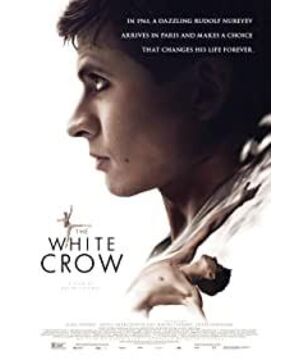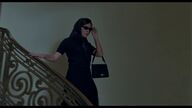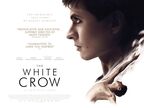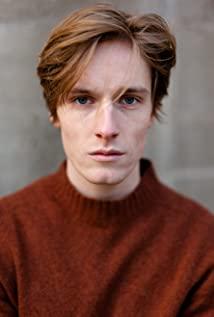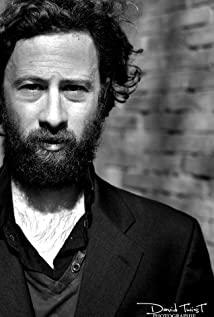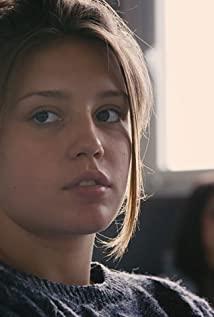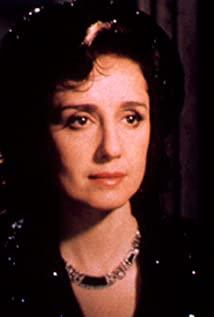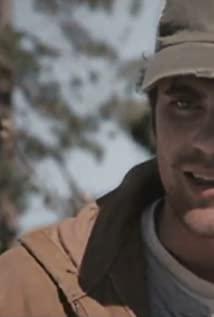The first dance, which I will name the mother's look in my summary, is the first debut of the white crow. He came from a humble background, and he always remeber the early rising of his mother because she need to drag the sleigh of food back in the snow. The smile and eyes of his mother when she find the boy waiting beside the window imprints on the boy's mind. He came across another lady at his mother's age, his teacher's wife, whose love makes him unable to breathe. His humble background, especially his memory of his mother, is something that drives hime foward and that he wants to get rid of. It is something he wants to go back to but binding his freedom. The dance is a proclaimation of ambition to surpass his background and obtain his freedom, freedom from his possessive and superegoistic mother-like wife of his teacher.
The second dance, which I will call the smell of the theatre, is second dance, not as quick and infuriating as the first one, but rather slow and emotional. It brings back the memory of theatre when the boy visited the theatre because of the lottery win of his mother. It goes from the childhood to the ambition for the subject, the ambition that will become himself, the stage and the dance. It is a love devoted to the dance when the boy can find himself and becomes his exculsive gaze .
The third one, which I will designate as the break, the decision, money or death for the dancer, is the a small climax of the film when the dancer shows his determination and even desperation to break free from the bondage from his country. It is a choice facing the dance, two doors, one leading back to his home country, the other to his lifelong dream destination. It is also a two incomplete choices, one falling back to the old trap that he longs to free, but a past which decides his present, while the other a new beginning but no return.
to be continued
View more about The White Crow reviews


